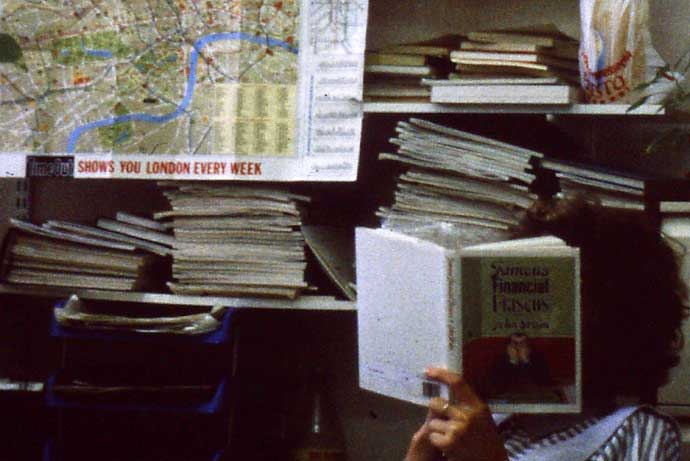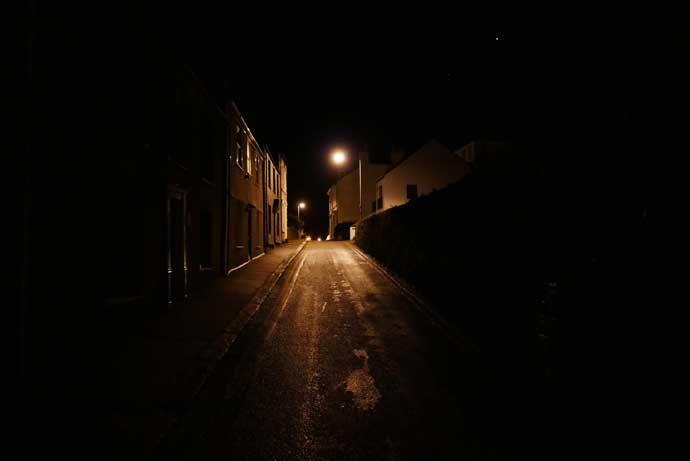That seems like a lifetime ago, actually. The Right Honourable Chimpanzee came before, for example, Michael Dobbs' House of Cards (Collins, 1989) and, let's see now, Chris Mullin's A Very British Coup (Hodder & Stoughton, 1982), and let's also remember - or perhaps let's not. Lots of politicians, former spies, media types and allied trades have written novels, some more successfully than others. Lots of them have fictionalised politics, espionage, their own working lives, and some of them have succeeded in making that kind of work sound worthwhile and full of purpose. The Right Honourable Chimpanzee takes a different tack.
As a breed, and as no doubt you'll agree, politicians are fine, upstanding, intelligent people, full of good intentions, driven by a desire to better the world, stuffed to the gills with whatever President George H W Bush (the first Bush) was talking about when he referred to "the vision thing" (in the run-up to his successful 1988 campaign for the presidency). But what if they weren't and that was just me checking that you're still awake? What if politics was a rough game in which just about anybody could achieve high office if they had the right backing and/or drive? Just imagine.
The Right Honourable Chimpanzee tells the story of a successful conspiracy to get a chimpanzee elected as Prime Minister of the United Kingdom. It's fiction. No, really. Assume a liberal (small l) application of appearance-altering cosmetics and a lot of time spent on voice coaching, training, et cetera, and not too many chapters into the book, you have a new Prime Minister (and one deserving of capital letters, it seems to me). From that point on, the issue is not that the Prime Minister is a chimpanzee, but that this chimpanzee happens to be Prime Minister. What the chimp says, goes. What the chimp's handlers say...
Can't quite put my finger on it, but there's something almost contemporary about that premise. The Right Honourable Chimpanzee is a very funny book, but in the satire, there's a serious point. David Phillips went on to write one other novel, The Removal Men (Duckworth, 1990), which is also oddly topical (a comedy about offshore tax avoidance), and there's also Conversations in the Garden of Shizen (O Books, 2002), which is subtitled Jesus of the Gospels, Women, Sex and the Family. But I come back to that sad, baffled leader, and his backers. More prescient than most, was our David.
The account goes on to say that “for some” of those men, the hand-holding was “a prelude to pulling the women onto their laps”, but I came away thinking about the others – the men who just wanted a hand to hold. I wrote something once about the high suicide rate among middle-aged white men, and I’ve read more recently that the rate among younger women has increased (reading across a number of reports and news items; there's no single link that stands for all of it).
I don’t know what to think. The FT’s report was detailed and worth reading, and it doesn’t do it justice to treat the story as a one-dimensional expose of males’ behaviour towards females. It was that, yes, absolutely, sure, but it was more than that as well. We don't divide so neatly along gender lines into good and bad. Something else is happening too, and maybe we could dig a bit deeper?.





